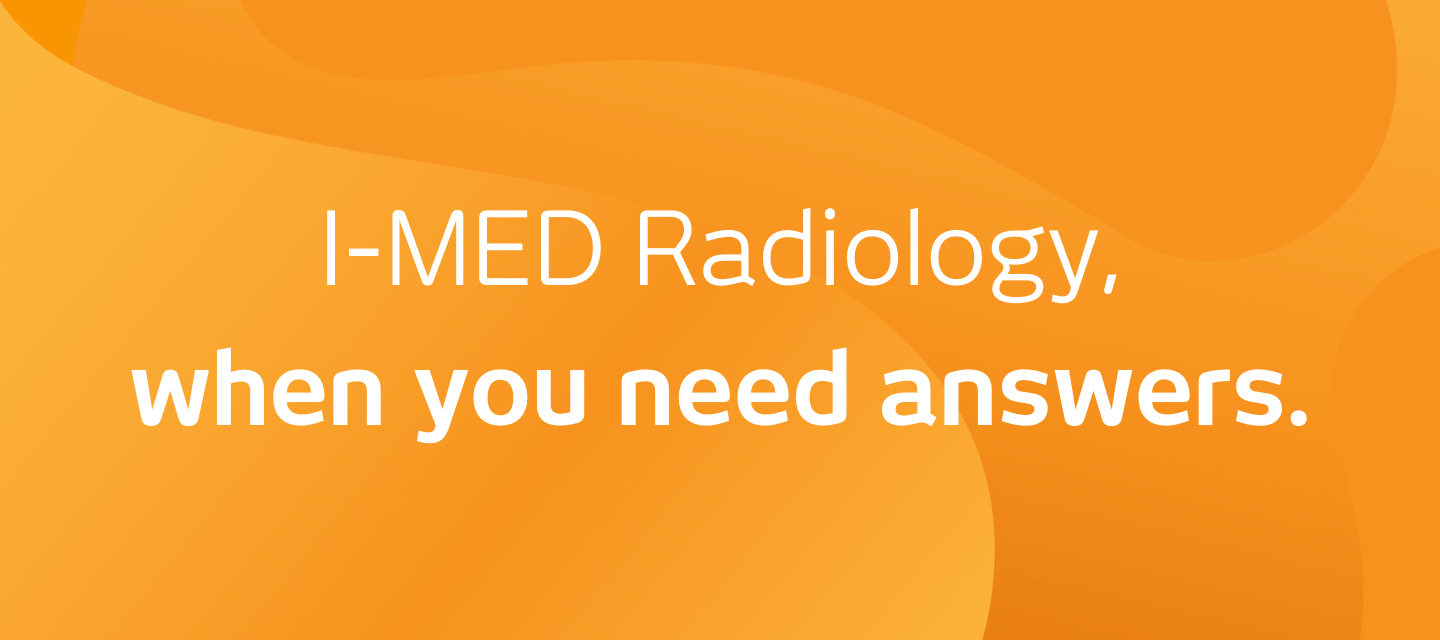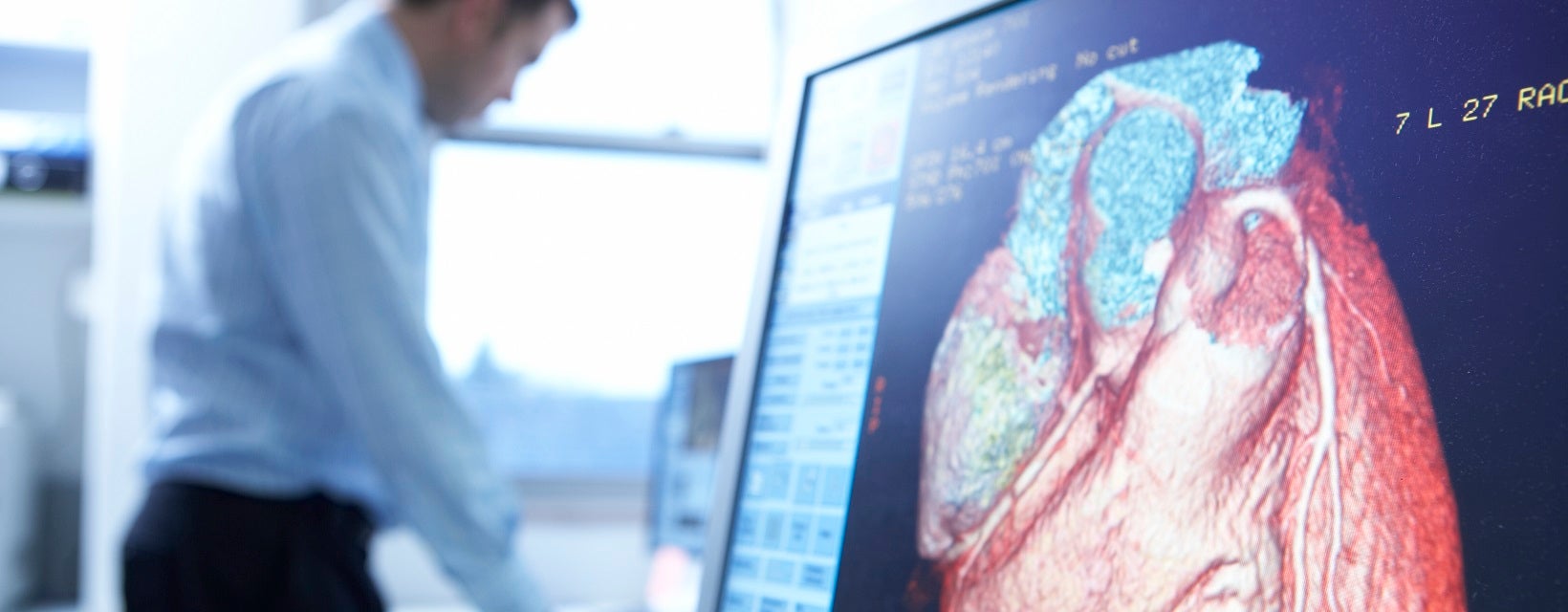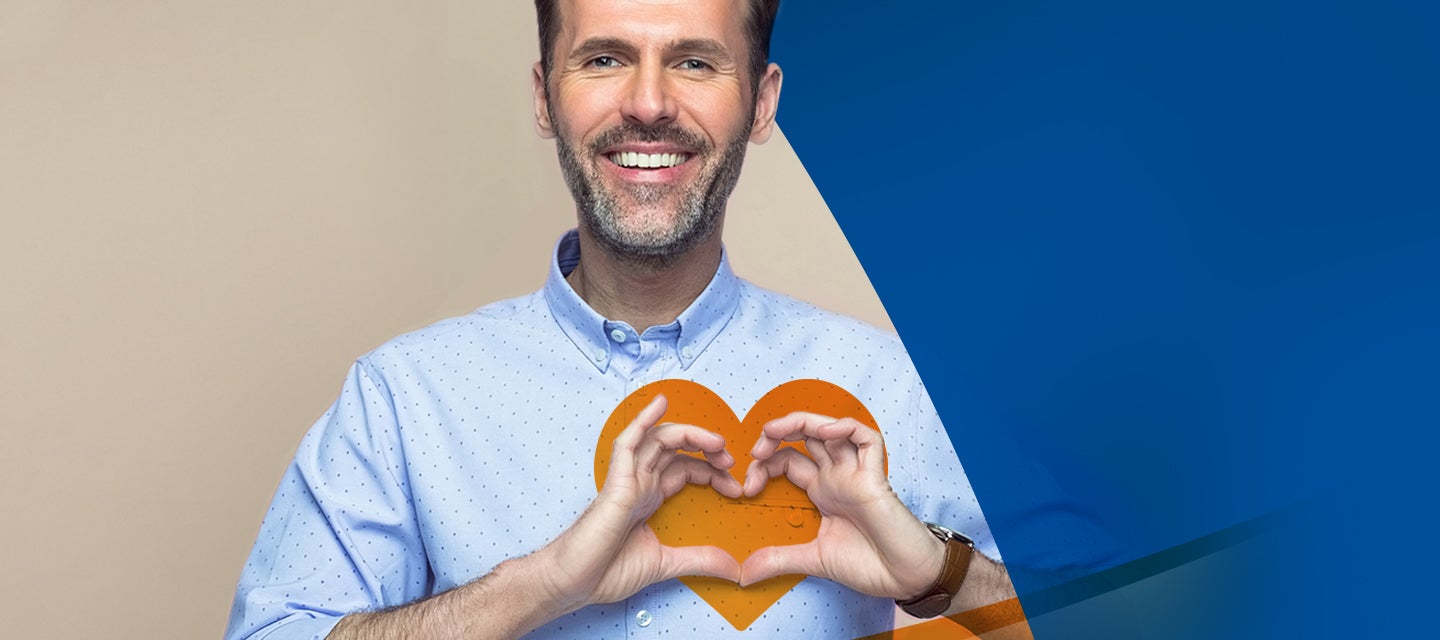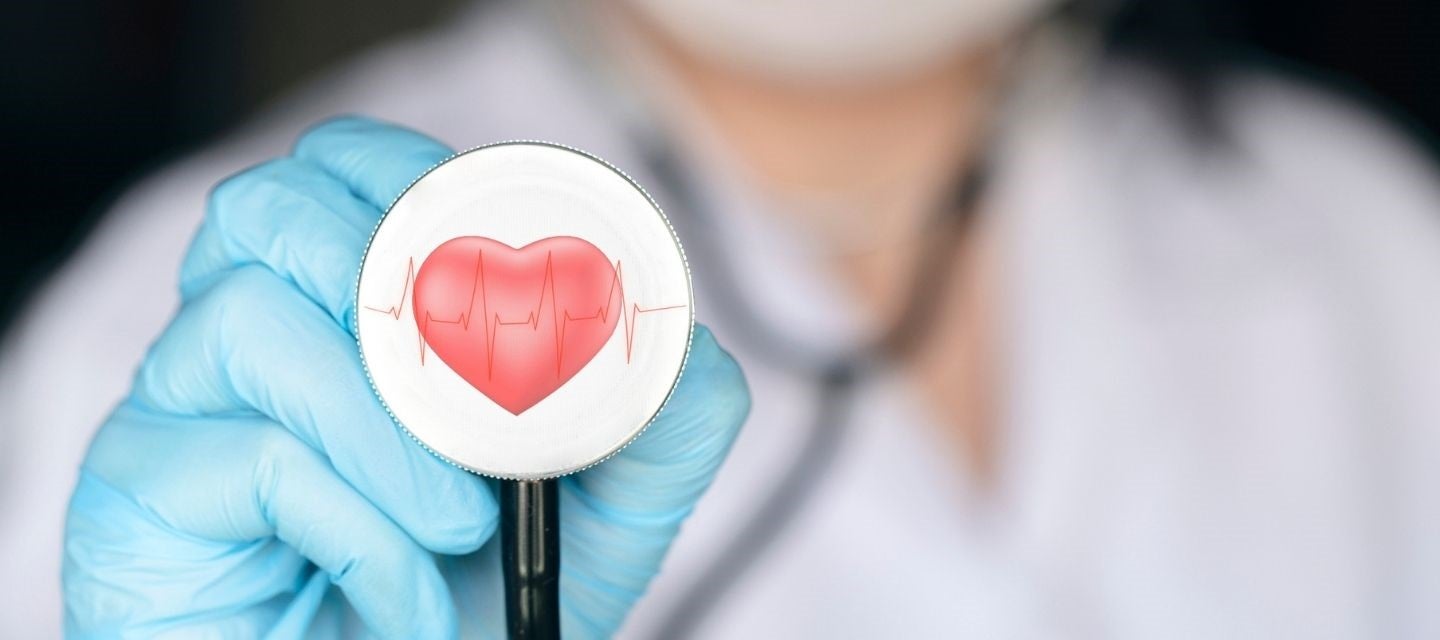

Coronary artery calcium scoring
Coronary artery calcium scoring

What is coronary artery calcium scoring?
A coronary artery calcium score is the measurement of calcium in the walls of the arteries that supply the heart muscle. It is measured by taking a special computed tomography (CT) scan of the heart. The scan shows the amount of hardening of the artery wall. The results of the scan make it possible to estimate the risk of a heart attack or stroke in the next 5–10 years. The more calcium there is, the higher the risk of a heart attack or stroke.
Why would my doctor refer me to have coronary artery calcium scoring? keyboard_arrow_down
Your doctor will use the coronary artery calcium score to decide whether you are at low, normal or high risk and, if necessary, guide you to reduce your risk. This type of scan is a ‘screening’ test; that is, a test you have when you do not have any signs or symptoms of any illness. Screening tests give information about whether a healthy person may have an illness or an increased chance of developing a potentially serious illness.
How do I prepare for coronary artery calcium scoring? keyboard_arrow_down
On the day of the CT scan of your heart, you will be advised to avoid smoking or drinking caffeine.
No other preparation is needed.
What happens during coronary artery calcium scoring? keyboard_arrow_down
The radiographer carrying out the scan will show you to a change room and ask you to put on a gown. Up to four electrode patches will be put onto your skin on the front of your chest so an electrocardiogram (ECG) machine can be attached. An ECG machine measures the activity of your heart to show if it is working normally. There will be no injections or drinks given. You will then be taken to the scanner and asked to lie on a scanning table. The ECG machine will be attached to the patches and you can watch the ECG trace of your heart on the monitor. The CT machine links to the ECG so that the recorded electric pulses from your heart tells the CT exactly when to take the scans. You will be asked to hold your breath, the table will move and the pictures of the heart will be taken.
How long does coronary artery calcium scoring take? keyboard_arrow_down
You can expect the entire procedure to take approximately 20–40 minutes. The actual CT scan is very quick, but it requires you to hold your breath between 3 and 30 seconds, depending on the individual scanner.
What are the risks of coronary artery calcium scoring? keyboard_arrow_down
As with all x-ray scans, radiation is used. These scans should not be carried out if you are pregnant or trying to conceive. If you have concerns about the radiation risk, even though it is very small, do not hesitate to discuss this with your doctor or our radiologist supervising the scan.
What are the benefits of coronary artery calcium scoring? keyboard_arrow_down
The benefit is gaining a better understanding of the relative risk for you of having a heart attack or stroke in the future, and using that information to decide which strategies you should use to reduce your risk if the risk is found to be high. Your doctor may decide that a second calcium score scan after a few years might be helpful to compare the results with the previous scan.
How do I get my results? keyboard_arrow_down
Your doctor will receive a written report on your test as soon as is practicable.
It is very important that you discuss the results with the doctor who referred you so they can explain what the results mean for you.
Most results are normal. Occasionally, small changes are seen that need further review.
If your results are normal you will be able to return for routine screening (usually every 2 years). If your results are uncertain or show changes you may need to consider additional imaging (diagnostic mammogram, ultrasound, or biopsy) in discussion with your referring doctor.
Related procedures

This information has been reviewed and approved by Dr Ronald Shnier (I-MED Chief Medical Officer).
Related articles

Related procedures

This information has been reviewed and approved by Dr Ronald Shnier (I-MED Chief Medical Officer).
Related articles



